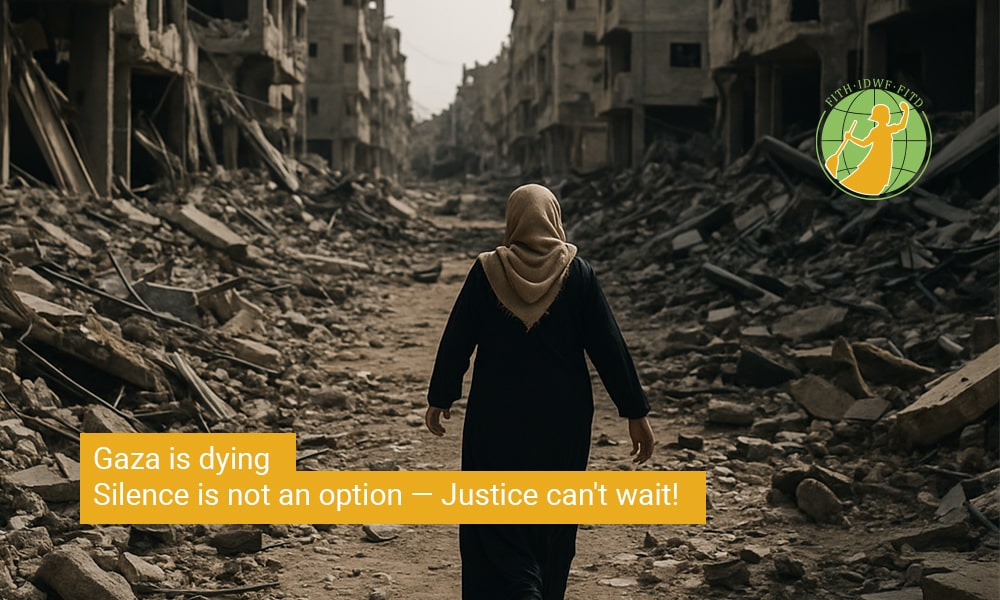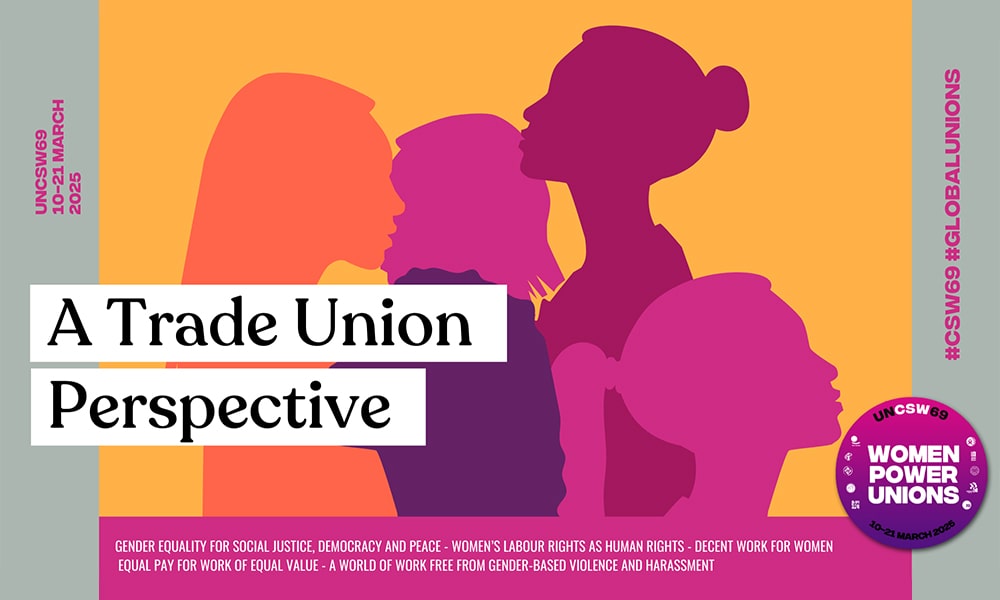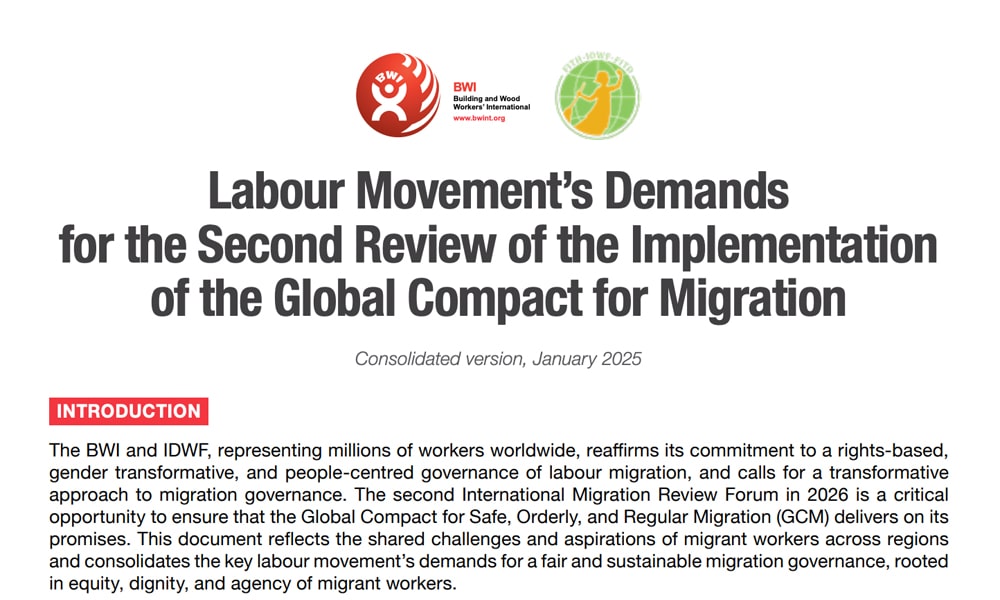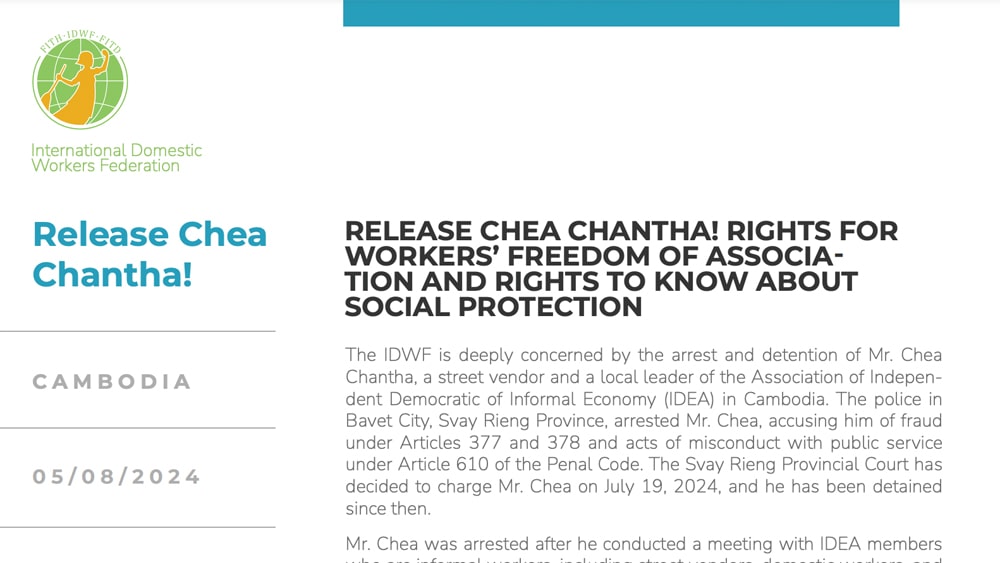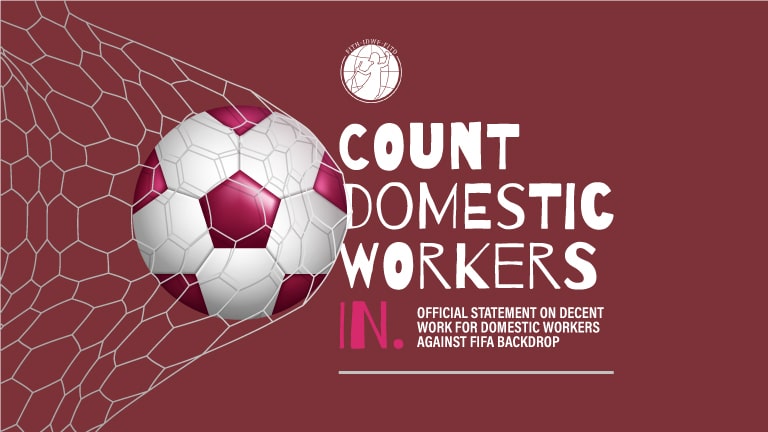
Since winning the bid to host the tournament in 2010, Qatar has invested billions of dollars (an estimated $220 billion) readying the country’s infrastructure for the World Cup. Migrant workers in the country have carried this preparatory labor on their shoulders to enable the mobility of thousands of people across the border to prepare, play, attend, and cover the game. A freedom of mobility that these very same workers often lack themselves under the Kafala system, a sponsorship tying migrant workers to local citizens, as a mode of production that benefits the rentier class. The 180,000 migrant domestic workers are case in point. Due to the peculiar overlap of working and living arrangement in contrast to workers in the public sphere. This makes domestic workers the most fundamental contingent of the migrant workforce, one whose liberation is at the bottom of the pyramid of real reform.
Qatar is the first Gulf Country to host the event. The International Domestic Workers Federation (IDWF and European Federation of Food, Agriculture and Tourism (EFFAT) hope that this historic moment in Qatari history transcends the game itself into establishing precedence for domestic workers’ rights in the region. For the country certainly has a framework that would allow, given the political will, the extending of fundamental rights of decent work to migrant workers, including domestic workers, in the country.
In fact, and unlike a majority of GCC countries, Qatar has a domestic workers’ law of 2017 covering matters such as the work contract, work hours, end-of-work benefits. The legislation obliges the employer to provide adequate food, housing, health care, and medical supplies for the workers, and preserve their dignity and safety. Furthermore, in August 2020, Qatar abolished the exit permit requirements for most migrant workers including domestic workers. The government has also made active efforts to cancel the Non-Objection Certificate (NOC) prerequisite for changing employers for domestic workers. Importantly, these changes took place in a collaborative process between the government and trade unions, including the IDWF.
Domestic workers in the country report the difficulty of the implementation and await to feel the tangible outcomes of these policies in their lives. The first step is taking, but the path is long. The recent Technical ILO report on the program with Qatar (2022) discusses four pillars of the collaboration: First, labor market and labor Migration Governance, Second, the enforcement of labor Law and Access to Justice, workers’ voice and social dialogue, and finally, the international cooperation and exchange of experience. Reforms centering domestic workers fall under the first and third pillars only, and even as they do, implementation remains insufficient. For instance, despite the removal of the NOC, over half of the employment change (EC) applications are rejected. This means that, today, the realities of many domestic workers remain untouched as implementation proves difficult.
In order to see through these reforms, we urge the Qatari government to commit to the followings:
- Give migrant domestic workers’ a seat at the table and include them in the reforms associated with the remaining pillars as well.
- Ensure policy coherence between government authorities, access to justice for migrant domestic workers, and effective law enforcement and implementation including penalty on those who breach the laws.
- Regulate employment agencies to ensure fair recruitment and abide by the Qatari laws and the laws of the country of origin of migrant domestic workers.
- Establish and recognize a Migrant Workers’ Centre supported by other trade unions, the global football community and human rights organizations, to sustain and advance ongoing work and as a vehicle for workers to continue to develop their capacity, understand their rights under Qatari law, and gain leadership and other skills.
- Strengthen dialogue and collaboration with the IDWF through entering a Memorandum of Understanding (MoU) for the achievement of rights of decent work for all migrant domestic workers beyond the World Cup.
Despite the historic silencing of domestic workers under the restrictive backdrop of the Kafala system, they found ways to resist time and time again with powerful strategies and absolute heroism in taking the agenda further. This courage needs to be matched by the government, so the global game, the World Cup, that is said to have the power to unite people, does not remain a spectacle, but becomes an epicenter of change in the region for migrant workers’ rights.
Download here


